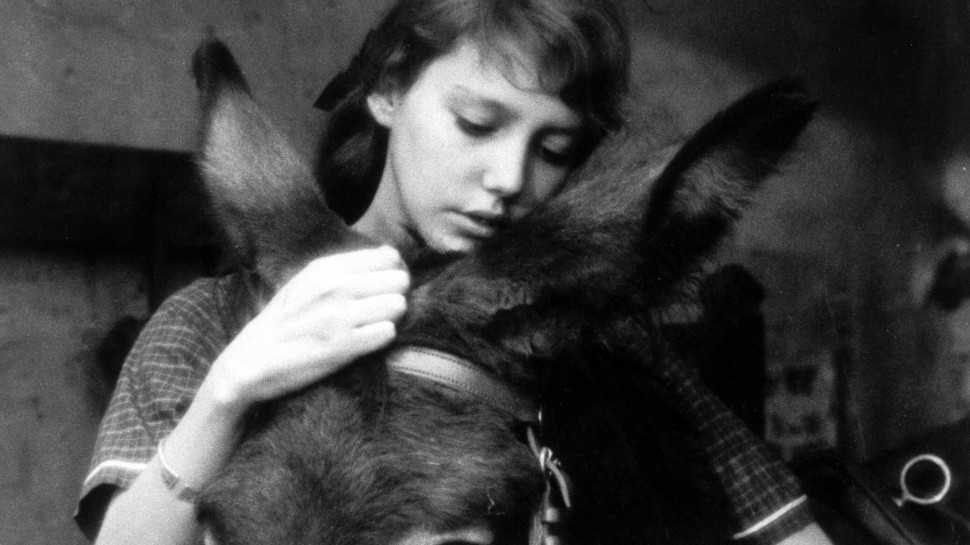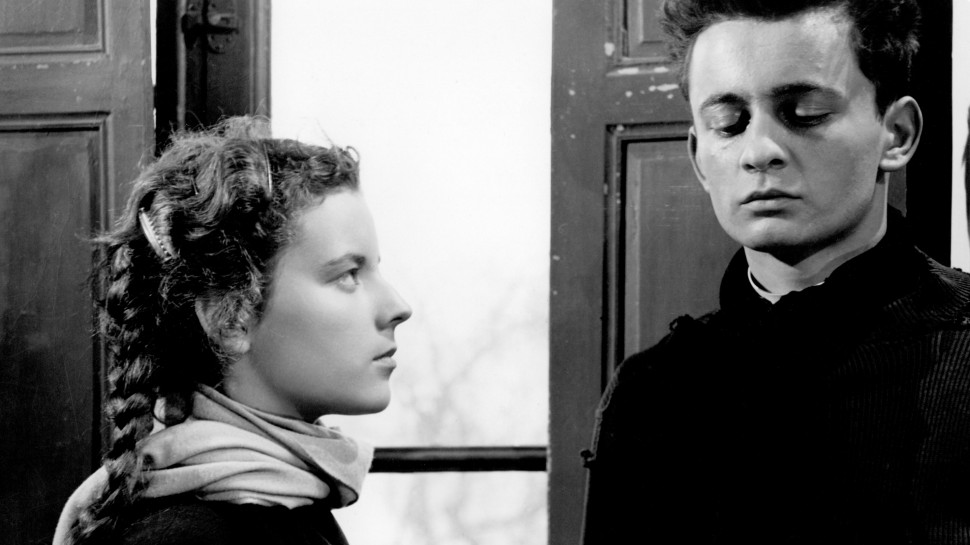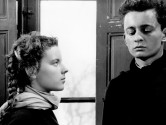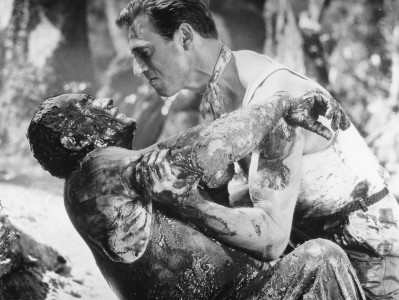



The Complete Robert Bresson
The Harvard Film Archive is proud to present a complete retrospective of the feature films of Robert Bresson (1901 - 1999). Bresson is widely recognized and celebrated as the auteur who, more than any other single artist, has exerted a gravitational pull shaping the stylistic course of contemporary world cinema. Diverse filmmakers from Rainer Werner Fassbinder to Tsai Ming-liang have echoed Bresson’s elliptical narratives of sin and redemption, grace and transcendence. Equally influential is the unique ascetic minimalism that imparts music and sound in Bresson's films with an ontological force and spiritual presence. In fact, Bresson is one of those rare filmmakers whose influence extends beyond cinema to art, literature and music, with Dennis Cooper, Stephen Prina and Patti Smith, among many other luminaries, testifying to his shaping influence upon their work.
Biographical information about Bresson, particularly his early life, remains scant. We know that he harbored youthful ambitions to become a painter, although his completed canvases remain shrouded in secrecy, long hidden from sight and jealousy guarded by the Bresson estate. Other abandoned paths and life courses are suggested by a comedy short Bresson directed in the late 1930s, his 18 months as a German prisoner of war in the early part of World War II and his time working under the Occupation, a dark period in which Bresson directed his first feature. Bresson’s directorial career progressed slowly and resulted in "only" thirteen feature films in nearly half a century. In the mid-to-late 1960s while many of his contemporaries were fading due to age or retreating in the face of the radically changing cinema, Bresson enjoyed his most productive period and great admiration from the New Wave.
After his earliest films, he worked only with inexperienced performers or non-actors, whom he referred to as “models,” who were expected not to act but rather to reveal themselves to the camera. For Bresson did not believe in cinema that relied on psychologically motivated and complex characters; his cinema is concerned with the spiritual lives of his protagonists and the only partially legible, metaphysical paths towards either redemption or ruin. These journeys are guided by Bresson’s sober and unerring eye for the transcendental and opaque theater that unfolds both between individuals and between the shadowy world around them, a world in which roles are defined less through language than through gestures and presence. Bresson’s subtle and signature use of ellipsis and subtraction to define place and character creates not ambiguity but profound, at times deeply unsettling, mystery.The unfailing elegance – one might even call it grace – of Bresson’s work has often been noted, but its beauty is less often remarked on, perhaps because it derives not from spectacular imagery but from the films’ rough surfaces. Bresson refused the charges of pessimism frequently hurled at his films, claiming his ultimate goal to be not pessimism but "lucidity." Irrefutable, however, is the films' unfailing power to generate a remarkably affective charge out of the haunting world of immutable surfaces and stoic characters conveyed across his oeuvre. In Bresson's own words: “Painting taught me to make not beautiful images but necessary ones.” Decades later, these images remain necessary indeed. – David Pendleton


























